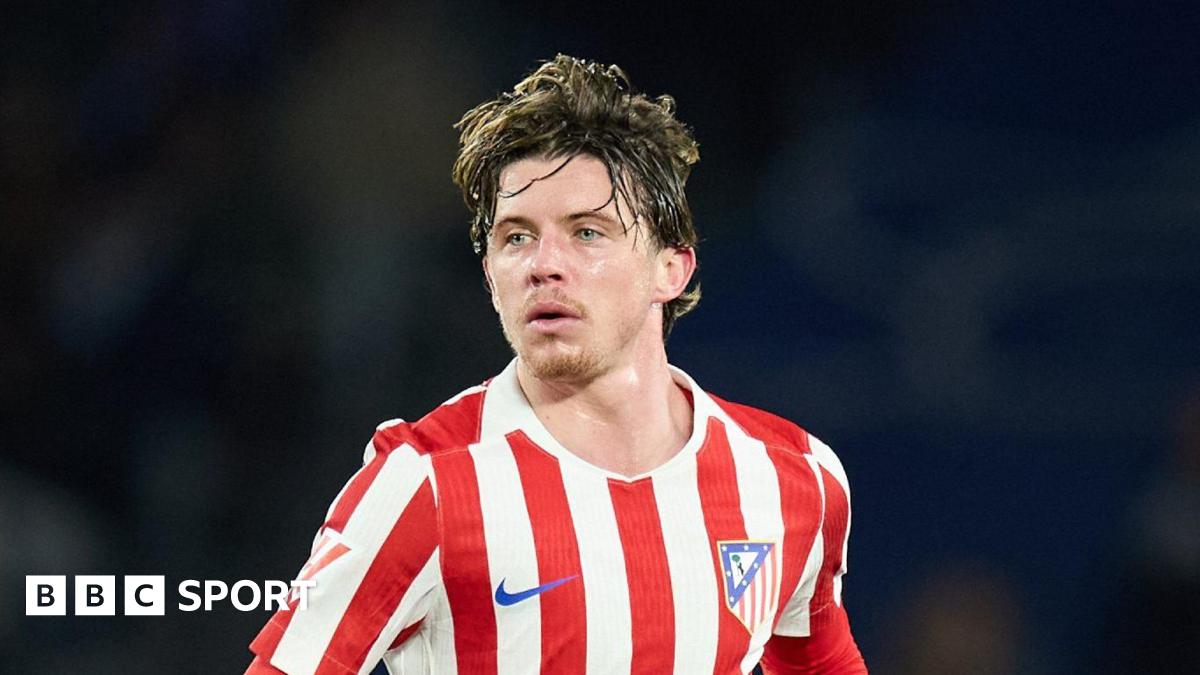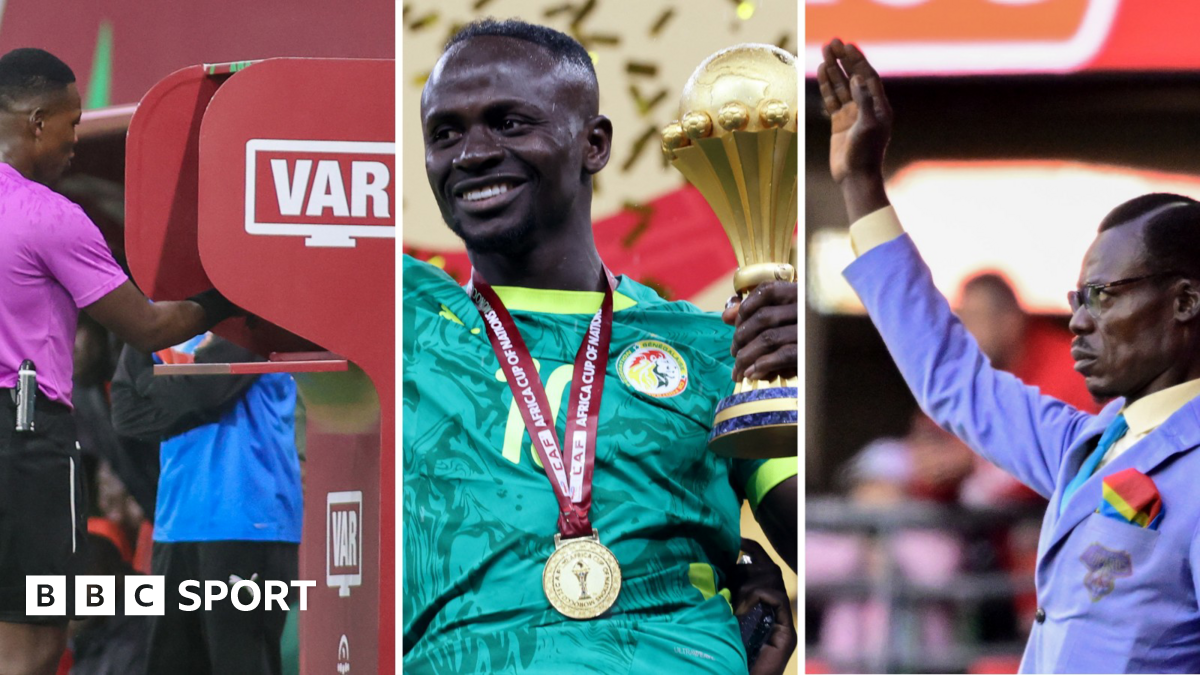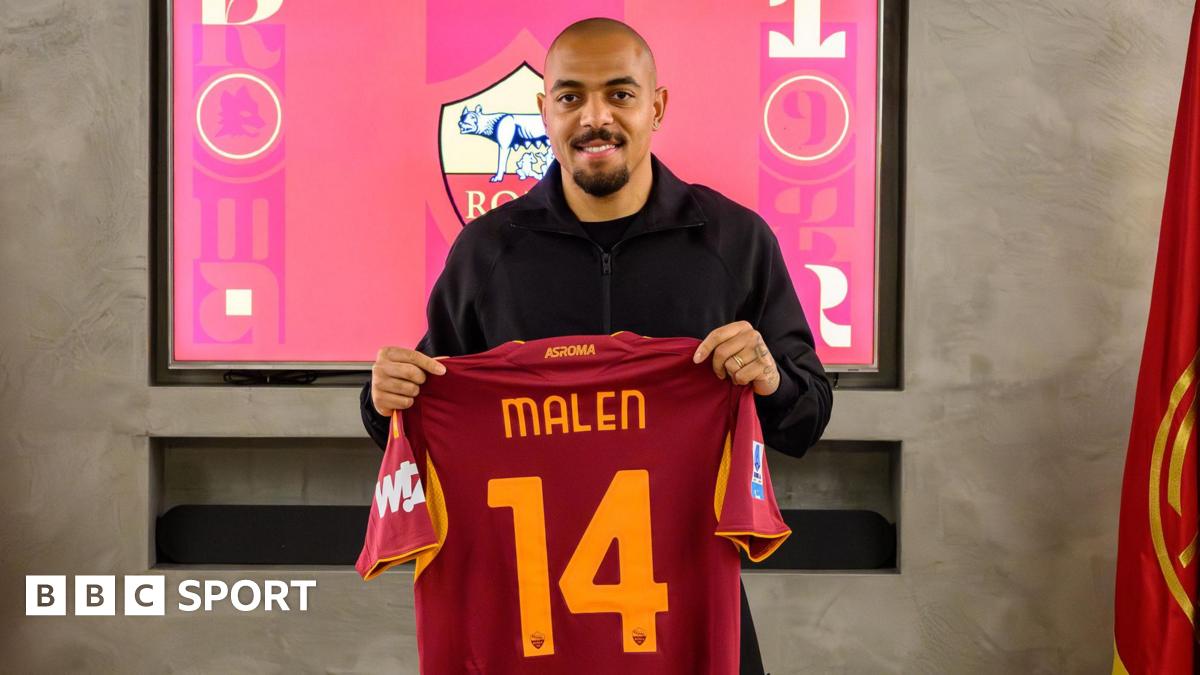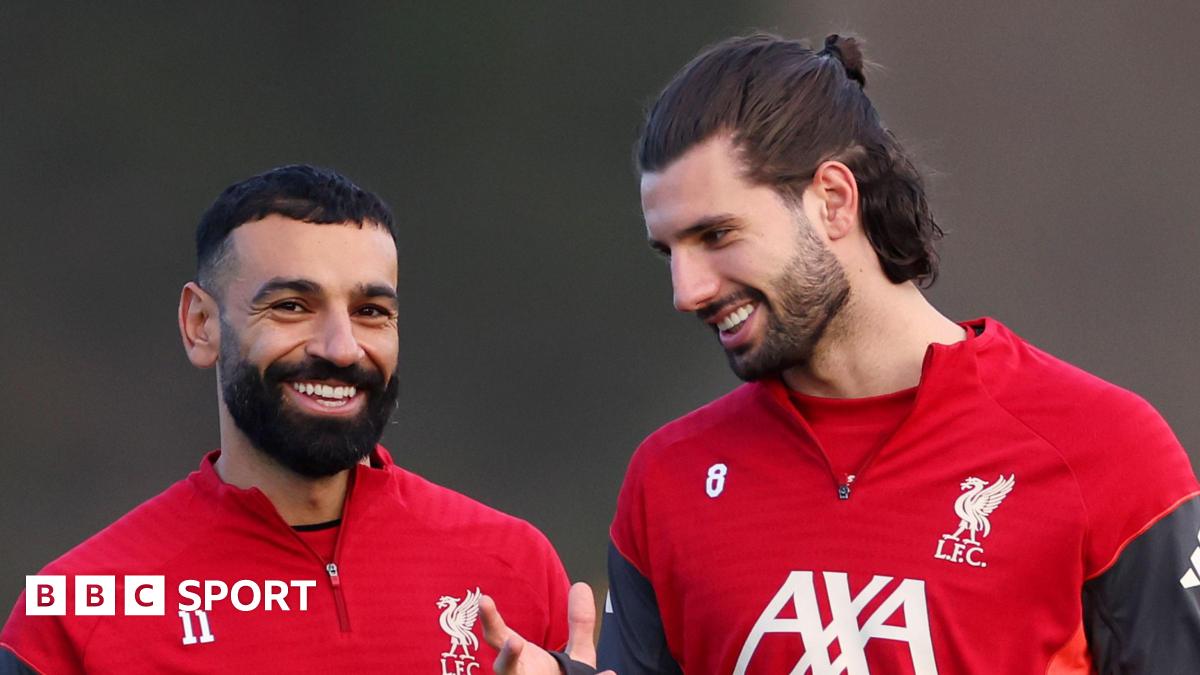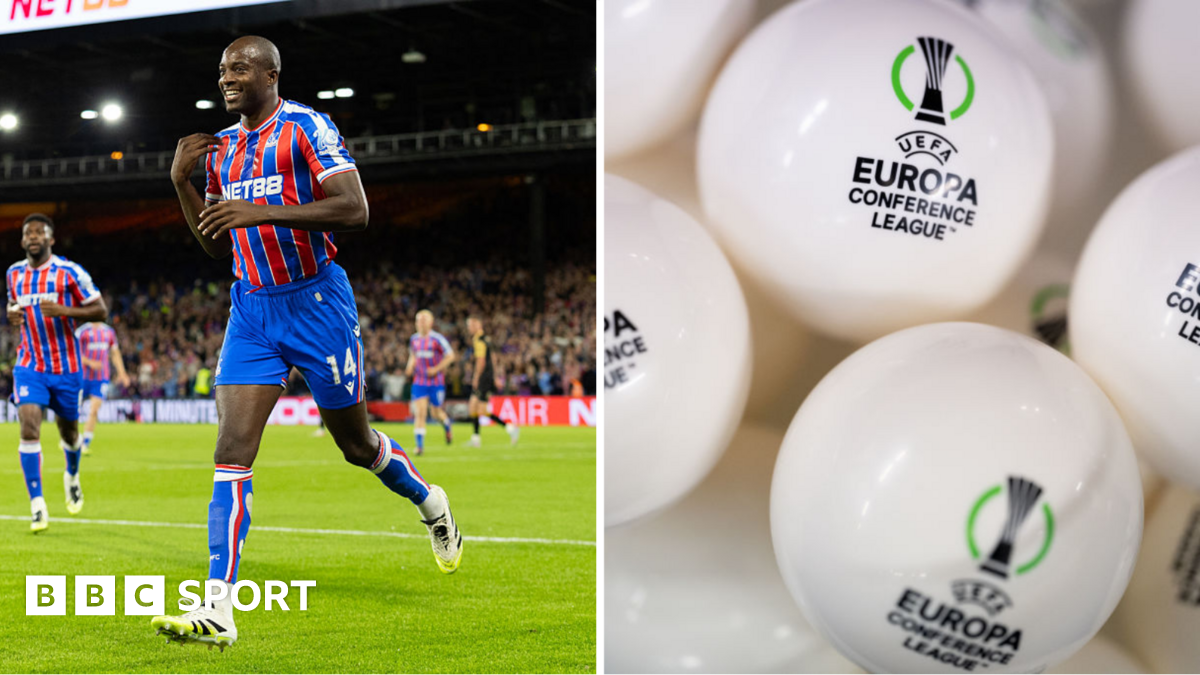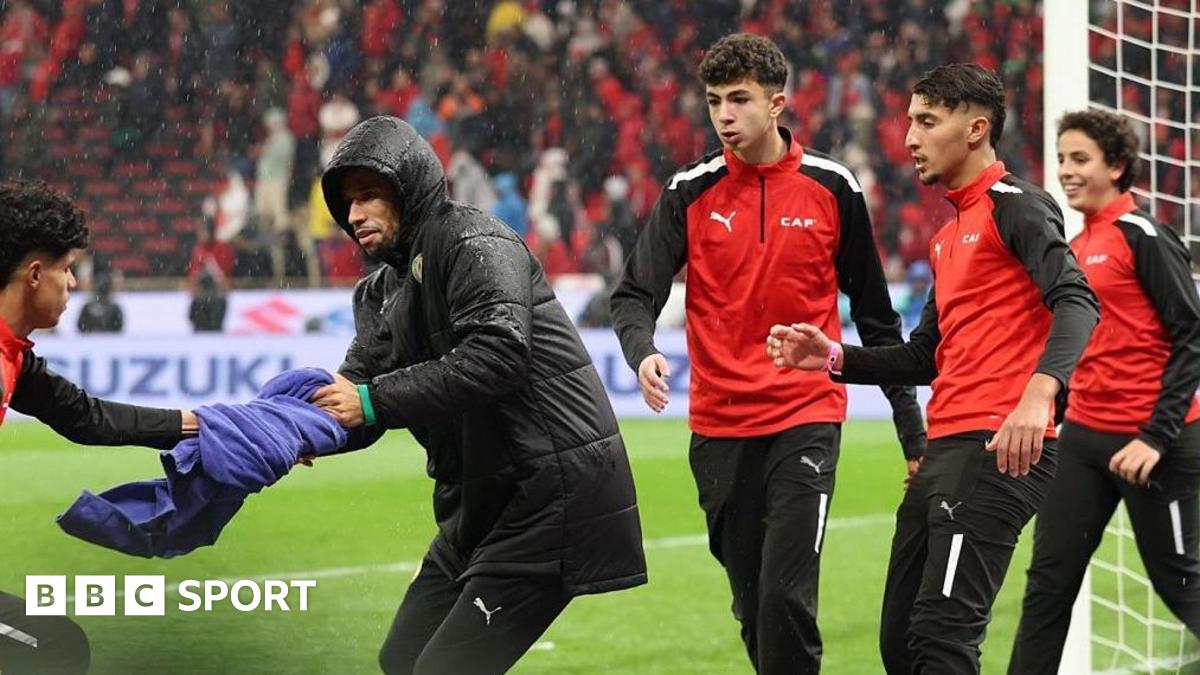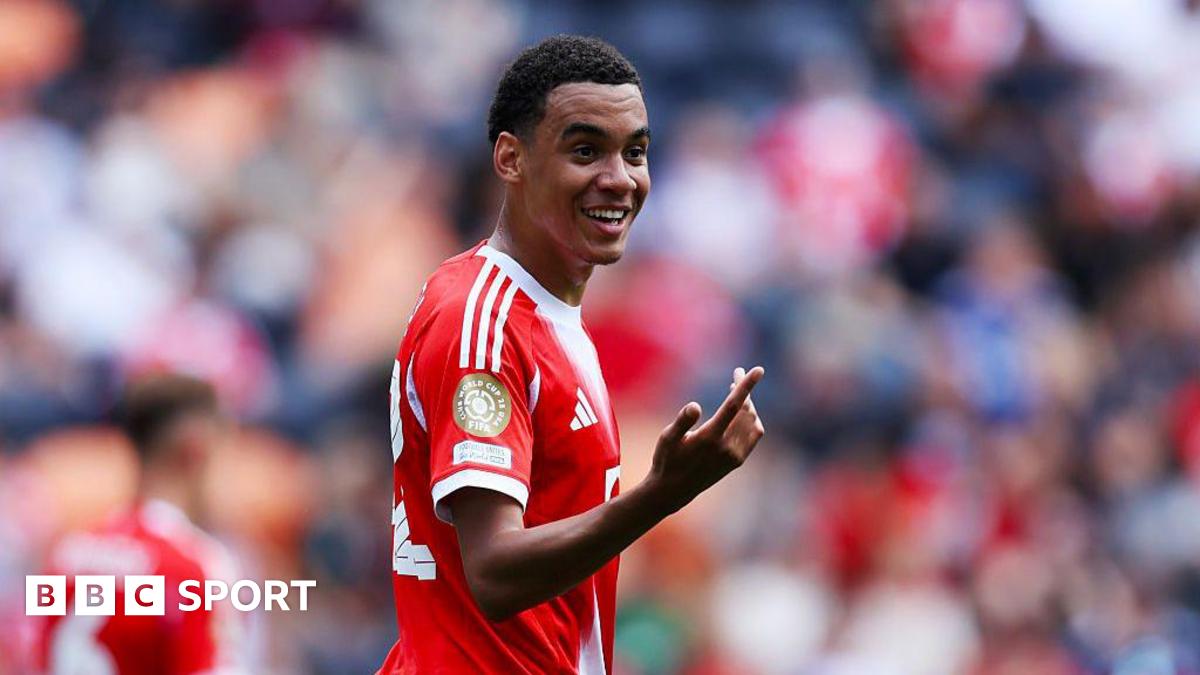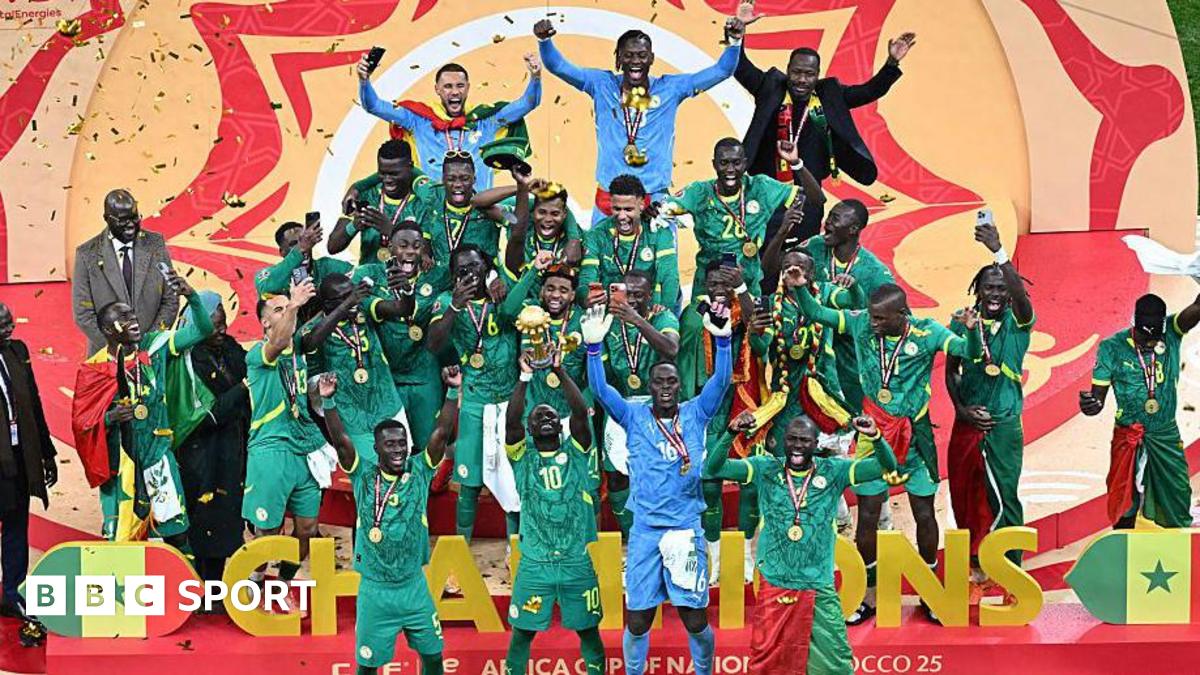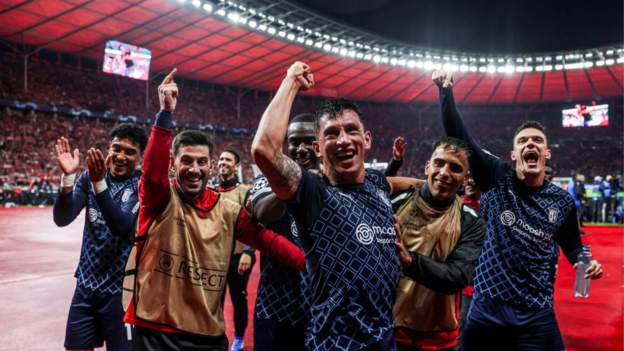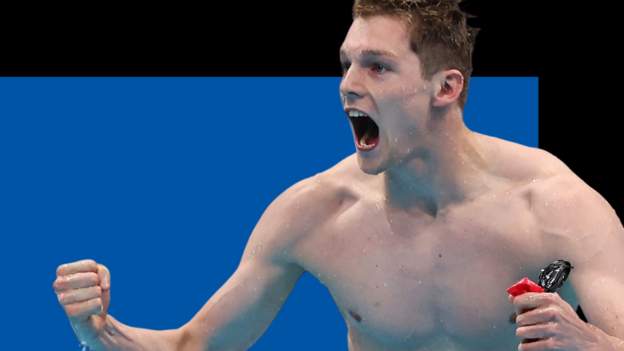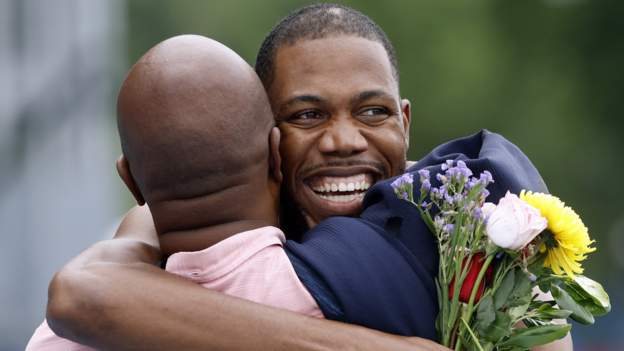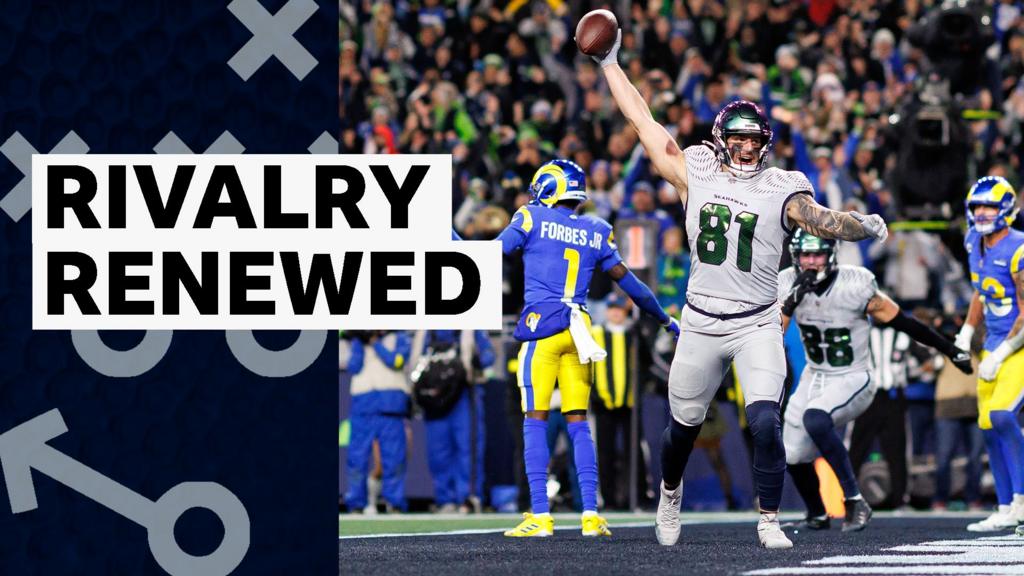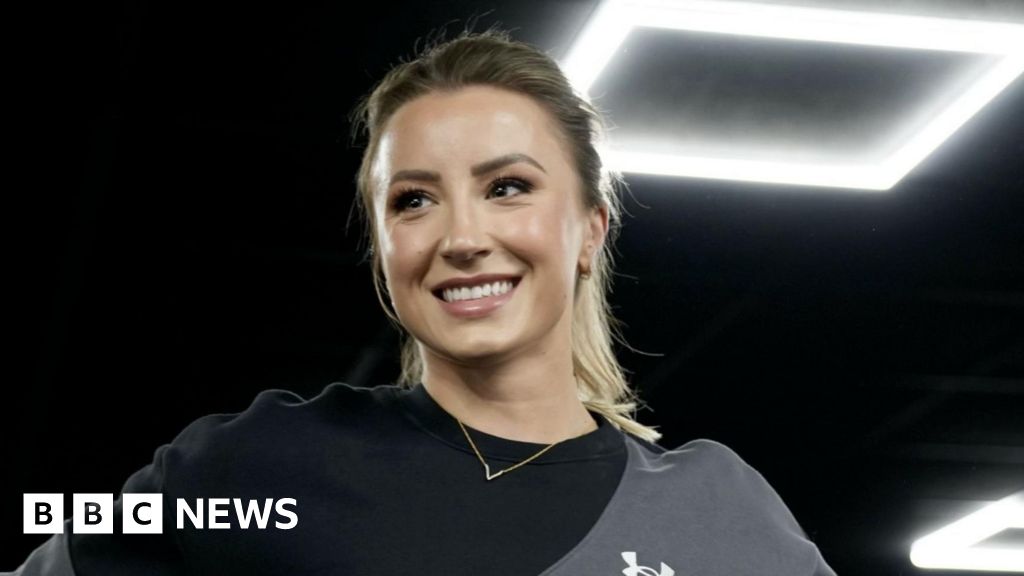Paris St-Germain’s dominance of French football and push for European success has been powered by the huge financial force of Qatar Sports Investments, the state-backed vehicle which took over the club in 2011.
Though QSI’s stewardship of the perennial Ligue 1 leaders has drawn plenty of attention, the group’s significant stake in another Champions League competitor is less widely acknowledged.
Last year QSI bought a 21.67% stake in Braga, the three-time Portuguese Cup winners who are competing with Real Madrid and Napoli for a place in the last 16 this season.
Earlier this month that stake increased to 29.6% following the acquisition of stakes from several minority stakeholders in the Primera Liga side.
With the PSG project having proven increasingly difficult recently – star players Lionel Messi and Neymar have departed, new manager Luis Enrique is enduring an underwhelming start to the league season, and that long-wished-for Champions League crown is still elusive – some may view the Braga project as QSI’s second shot at European domination.
But the truth about their intentions in Portugal is very different, according to Portuguese football experts.
“[Braga owner] Antonio Salvador said [QSI] are helping in aspects other than financial,” Aaron Barton, creator of Portuguese football website Proxima Jornada, tells BBC Sport.
“Marketing, connections, trying to cast a wider net for scouting. [PSG president] Nasser Al-Khelaifi was at the inauguration of the sports complex Braga have opened, their new state of the art training facilities. That is the direction Braga are aiming for.
“They are not [fully] funded by QSI. As far as Braga are concerned, they have made their money through player sales – and until now have not put much back into the club.
“They are proud of the QSI relationship – Al-Khalifi is in pictures on their website. But mostly they are keeping their cards close to their chest.”
Under the ownership of local businessman Salvador since 2003, Braga have consistently been Portugal’s fourth best team behind Benfica, Porto and Sporting.
That is a bigger achievement than it sounds, given the long-established power structure of the Primera Liga.
‘It’s doubtful Braga are a get-out clause’
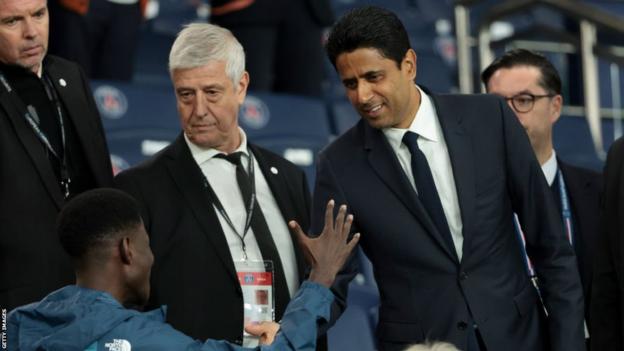
Of 89 Portuguese league seasons, 87 have been won by either Benfica, Porto or Sporting. Only Belenenses in 1946 and Boavista in 2001 have broken the triopoly.
While Benfica and Sporting are based in the capital, Lisbon, Braga is a northern city of fewer than 200,000 people. The striking stadium, Estadio Municipal de Braga, was built into the site of a quarry for the Euro 2004 tournament and has gained notoriety for its unique two-stand design with an enormous rock wall behind one goal.
According to football journalist Tom Kundert, the nature of Braga’s standing as a club and city mean the idea of QSI turning them into ‘the next PSG’ is far-fetched.
“Of course there are the Uefa rules where you can’t have a controlling interest in more than one club, so QSI can’t [fully] control Braga unless they sell PSG,” he tells BBC Sport.
“Braga being a get-out clause [for QSI] is doubtful due to the [lack of] capacity for it to be a super club. PSG are in Paris, one of the biggest cities in Europe – you can see the potential. It will never be feasible to pack in PSG and do the same plans for Braga.”
The culture of fan ownership in Portuguese football, also present barriers.
“Portuguese clubs have structures similar to Germany – it’s not like England or France where you can wave your notes and become the owners,” says Kundert.
“Portuguese clubs are member owned, they have rules, any major changes would have to be sanctioned by fans and they never would. There was recent talk of Chelsea getting involved in Sporting, but that was a non-starter.
“If I was a Braga fan now, I’d be delighted with how things are. They have a local businessman in charge, who has put in so much effort, passion and time into growing his club. To have a complete outsider come in, I can never see that for Braga unless there is a complete disaster.”
So it seems that instead of a flood of Qatari cash, Braga will continue to make their own way with the player sales and savvy investments which have seen them edge ever closer to the big three.
A third-place finish last season means they have reached the Champions League group stage for just the second time in their history, following their debut in the competition in 2012-13.
Despite qualifying for Europe’s elite competition, there was no huge summer splurge for Braga, with their biggest expense being winger Bruma for €6.5m from Fenerbahce. The 28-year-old is the third-most expensive signing in their history.
‘One of the most positive changes in 20 years’
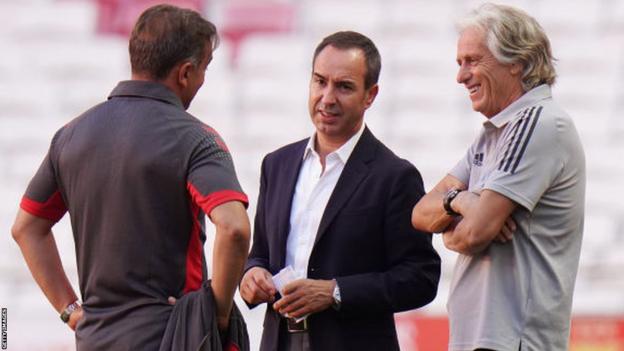
“It is difficult for Braga,” says Barton. “A huge club with passionate fanbase and unique stadium, but they have always been on the periphery, which they are trying to change and force through that glass ceiling.”
“€6.5m [for Bruma] is a lot for Braga. These are names they can only pull in if they play in Champions League. The plan isn’t for them to get out the group stage – at the moment they are just happy to be there.”
Dreams of reaching the Champions League knock-outs for the first time were cooled after the draw, which pitted Braga against the champions of Italy and 14-time kings of Europe, although an unlikely win over Real Madrid on Wednesday night would reignite those hopes.
But Braga are used to taking small steps to achieve their goals. In the shadow of Portugal’s giants giants, they have gained a reputation as a proving ground for the best young Portuguese managers.
Leonardo Jardim, Sergio Conceicao, Paulo Fonseca and Ruben Amorim have all cut their teeth in the Quarry.
That strategy of developing young talent internally also extends to players, says Kundert.
“Braga have made themselves an enticing club for young players,” he says. “The big three hoover up the best teenage talent and there are only so many squad places.
“Those players not persisted with come to Braga. Players like Ricardo Horta, their record scorer and captain, came through the Benfica academy and was let go. [But] Braga picked him up and he has been outstanding.
“It may be wishful thinking to say they can compete regularly with the big three [consistently], but they are getting closer and it is not beyond the imagination that they can win the league.
“It is one of the most positive changes in Portuguese football in last 20 years.”
So, Braga may not be about to lavishly spend their way to dominance of the Portuguese league and regular appearances in the latter stages of the Champions League in the style of PSG, but the QSI investment does threaten to shake up the established order of things in one of the continent’s most football-obsessed nations.

